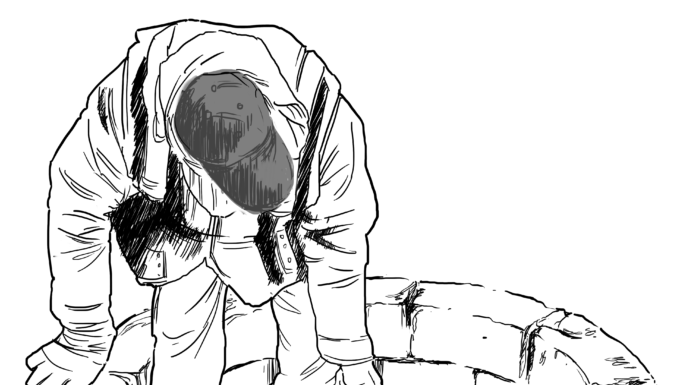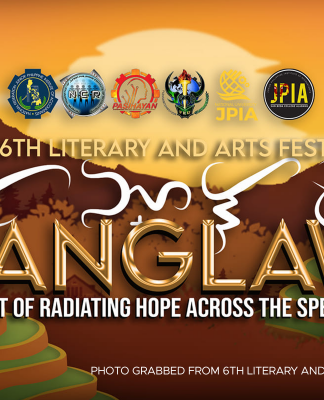Forgiven but not forgotten.
***
Rewind: January 2001. I could remember vividly how they laughed even as they admitted that they could die.
Mark Welson Chua and Romulo Yumul, two sophomore Engineering students who filed a complaint against the anomalous activities in the UST Reserve Officers’ Training Corps, just laughed as they both said, “Puwede kaming ipapatay.” They knew it could be dangerous but they didn’t care. They felt that the corrupt system needed to be changed, and somebody had to do it.
Then, their reason seemed so idealistic, “Nakikita mo nang mali, hahayaan mo pa.” And for a society which has gotten used to turning a blind eye on wrongdoing, the reason even sounded stupid.
All they wanted was to spare their fellow cadets from the abusive hands of greedy moneymakers. Even if it meant that one of them would have to pay a very dear price.
Chua said of Yumul, “He’s a dead man walking, he can die anytime.” Yumul responded, “Mauuna namang mamatay si Baron.” Then, laughter.
Two months later, Baron’s decomposing corpse was found floating in the Pasig River – symbolizing, perhaps, how he was conquered by the very rotten system he struggled against.
***
Mark once said that it was okay for him to die as long as he knew that his life was worth living, as long as he knew that he had made a difference in this world.
Nine months after his brutal murder, Mark has proven that his cause transcends death. His killers may have succeeded in destroying his body, but they have not extinguished the fire in his soul.
Currently, several senators and congressmen have filed bills proposing to make the ROTC optional while some have moved for its abolition. Either way, the uproar about the ROTC issue has served as a forceful wake-up call for authorities concerned to get their act together and start implementing reforms to salvage what little is left of the decayed institution.
However, as the clamor for the reform or abolition of ROTC grows stronger, it could only be hoped that the call for justice would not be drowned in the din of voices.
The people responsible for Mark’s untimely death should be brought to justice. And the search for justice should be just as intense, if not more fervent, than the crusade for ROTC abolition.
It seems that amid all the racket, people have forgotten where it all begun and who started it all.
Although they serve to honor his memory, no medal or citation can ever bring back Mark’s life. Indeed, more than any award or recognition, the best tribute we can give to a fallen hero is justice.
***
Everything happens for a reason. It has become a cliché but it is the only acceptable explanation when something unexplainable happens. When someone dies, when a tragedy happens, when one gets hurt—you can only comfort yourself with the thought that it happened for a purpose. Just when you think that life is too cruel, you try to justify it and hope that someday you will understand how this fits in the grand scheme of things.
My professor in investigative journalism told me that Mark’s death was Christ-like. His death was the ultimate sacrifice that would “save the University from the scars of a dirty system.” Perhaps, he was right.
Still, there are times when I wonder if the ROTC system was worth his life.
***
When you recall how they must have brutalized his body, thrown him in the river, and let him drown helplessly in the murky waters, how can you forget?
And when you see how justice is denied because some people choose to remain silent about that fateful night, how can you forgive?













